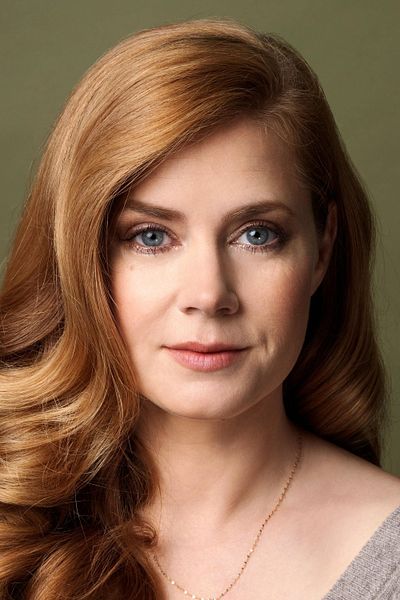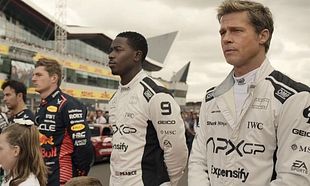Paul Thomas Anderson is responsible for some of the greatest movies of the last fifteen years; Boogie Nights, Magnolia and There Will Be Blood are all certified masterpieces, and arguments can be made for the lesser known Hard Eight or the misunderstood Punch-Drunk Love. But as his career moves forward into higher and higher levels of critical praise, his movies have become denser, more poetic and seem less aimed towards movie fans and more towards Paul Thomas Anderson movie fans.
With that in mind, we have PTA's latest movie - The Master - and the furore surrounding it as to whether it is about the origins of Scientology or not. But this has very little to do with what The Master is actually about; science Vs religion, father-son relationships, and two men trying to find their place in the world. Freddie Quell (Joaquin Phoenix) has just come home from WWII, and is a spring loaded trap of a man; the son of a drunk father and a mentally ill mother, constantly on the run from his own bad decisions when he crosses paths with Lancaster Dodd (Philip Seymour Hoffman); the leader of spiritual group The Cause, and the intellectual and emotional anchor that Freddie might just need for his life to begin to settle down. But Dodd has his own problems; with detractors claiming The Cause to be nothing more than a cult, and for all his self-righteousness, Dodd is just as volatile as Freddie when faced with any kind of confrontation.
From the first second we’re introduced to Freddie, you just know that Joaquin Phoenix is going to get an Oscar nomination. His unhinged, jittery, unsettling portrayal is of a man looking for a cure to an emotional sickness he doesn’t want to admit he has. The same goes for Philip Seymour Hoffman, with his seemingly deep pool of calmness hiding potentially bi-polar levels of rage. And lest we forget Amy Adams as Dodd’s wife, all sweetness and light in public, but turning into Lady MacBeth behind closed doors, whispering in her husband's ear to do her bidding.
Just as those in front of the camera can expect a seat at the Academy Awards, so too can those behind it; the cinematography is beautiful, the soundtrack is eccentrically brilliant and Anderson's direction is perfect. But despite all of this, there is a level of connection that seems to be missing from The Master. Whereas with all of his previous outings you were completely enraptured by the characters on screen, here Anderson has developed a Kubrick-esque sense of clinical distancing. Plus, at 144 minutes, it overstays its welcome when a perfect ending arrives about 15 minutes prior to the actual conclusion. None of these things take away from the fact that The Master is a rich, lush, well-acted period-piece, but it will take some processing to decide whether it belongs in the masterpiece category.




















































































